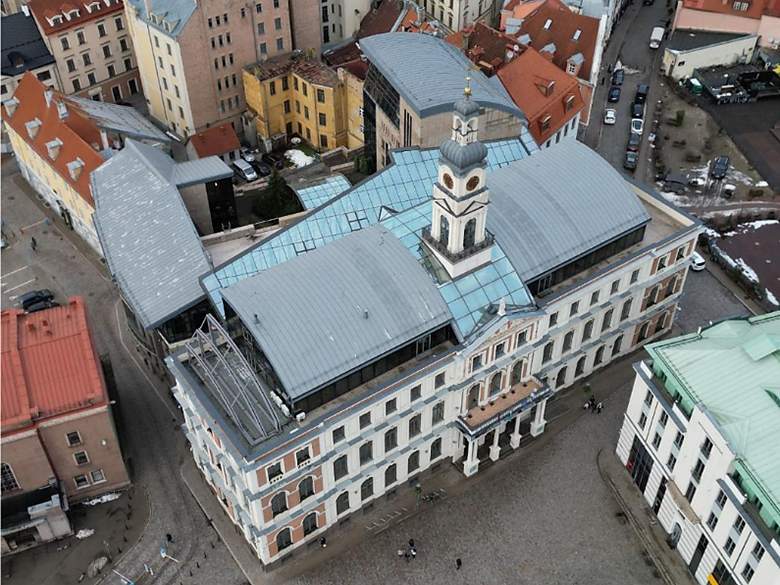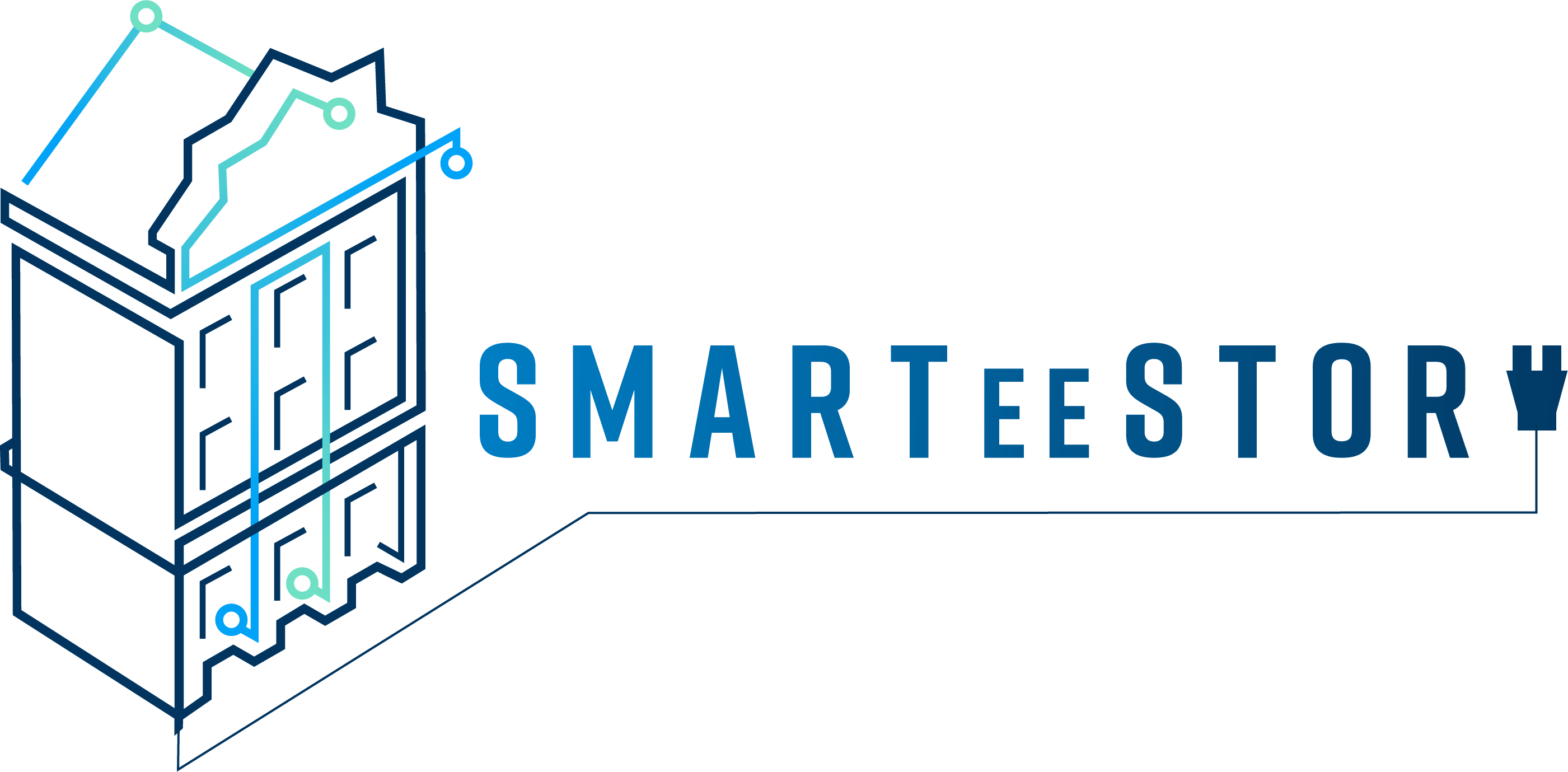Riga City Hall (Rātsnams), located in the historic old town of Riga (a UNESCO heritage site), serves as the main administrative building for the Riga city municipality. Originally built in the mid-19th century and reconstructed in 2004, the City Hall is now a crucial part of the SMARTeeSTORY project. Alongside various specialized EU partners and the research team at Riga Technical University's Institute of Sustainable Building Materials and Engineering Systems (RTU), the city is working to significantly improve the building’s energy efficiency and smartness.
The main project goals are:
- Upgrade heating, cooling, ventilation, lighting, and shading systems.
- Integrate Building-Integrated Photovoltaics (BIPV) for renewable energy.
- Implement the SMARTeeSTORY energy management system.
An extensive energy audit conducted in late 2023/early 2024, which included a comprehensive analysis of heating, ventilation, and air conditioning (HVAC) systems, highlighted areas for efficiency improvements. The energy consumption data from 2017 to 2022 showed significant variations, and based on the audit findings, the following measures were proposed:
- Adding a 200 mm thermal insulation layer to the uninsulated exterior wall facing the unheated tower space to achieve a thermal transmittance value of U=0.14 W/m²K.
- Installing energy-efficient glazed constructions, including solar glazing on selected floors, to enhance airtightness and reduce infiltration.
- Upgrading the HVAC systems based on technical survey recommendations to ensure proper operation and substantial energy savings while maintaining optimal indoor environmental conditions.
- Replacing all lights with energy-efficient LED solutions.
Substantial peaks in heating energy consumption during colder months indicate significant potential for savings through the proposed measures. Implementing these solutions is expected to substantially reduce the building's primary energy consumption and carbon footprint.
The energy audits provided valuable data on the building's energy performance, highlighting areas for improvement. A meeting at the end of February 2024 with involved project stakeholders—Riga City council project coordinators, RTU, energy auditors, as well as invited architects and consultants—discussed and outlined further steps of action.
The ongoing demo activities at Riga City Hall demonstrate how historic buildings can be retrofitted with modern, energy-efficient technologies while preserving their architectural heritage.



